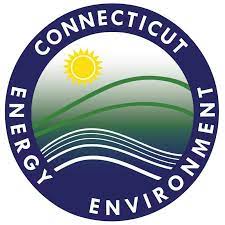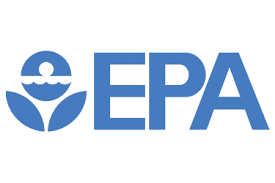Databases and Worksheets
Databases and Worksheet
|
|
In this module, designed for 6-12th grade classrooms, students investigate the water quality characteristics of an estuary (water temperature, salinity and oxygen), the relationship between these parameters, and the effect that water quality has on spawning migrations of the Atlantic sturgeon. With 5 different level worksheets and a teacher’s guide. |
 |
Connecticut Lake Watch
The Connecticut Lake Watch network is a statewide volunteer (community science) water quality monitoring program coordinated by DEEP. |
 |
Water Quality Criteria
EPA developed criteria for surface water quality that accurately reflect the latest scientific knowledge on the impacts of pollutants on human health and the environment. It also has criteria for aquatic life and other water quality resources. The Water Quality Portal (WQP) is a mechanism for anyone to retrieve water monitoring data from EPA. Water Quality Data |
 |
GLOBE Program has been providing students and the public worldwide with the opportunity to contribute to our understanding of the Earth system and global environment. View and interact with data across the globe. You can map, graph, filter, and export historical GLOBE measurements with our Data Visualization System. |
|
Lake Observer is part of a crowd-sourcing platform to facilitate the collection and sharing of lake- and water-related information across the globe. You can search the database for air temperature, algae results, ice cover, etc. in specific lakes in Connecticut. |
|
 |
Monterey is known for having unpredictable algal blooms. In the past, researchers could tell when there was a harmful bloom only when hundreds of sea lion carcasses and dead seabirds washed up onshore. But today, there are easier ways to actually predict a HAB event. Can you save the sea lions from the next HAB event? Try your hand at predicting the next algal bloom! |
 |
Classroom Activities with Worksheets Harmful algal blooms (HAB) can be used to illustrate important concepts in biology, ecology, marine science, data analysis, and more. See the link above for materials that educators can incorporate into curriculum. |
 |
Curriculum includes 4 lessons, each with PowerPoint presentations, worksheets, videos, readings, and hands-on lab activities. |


